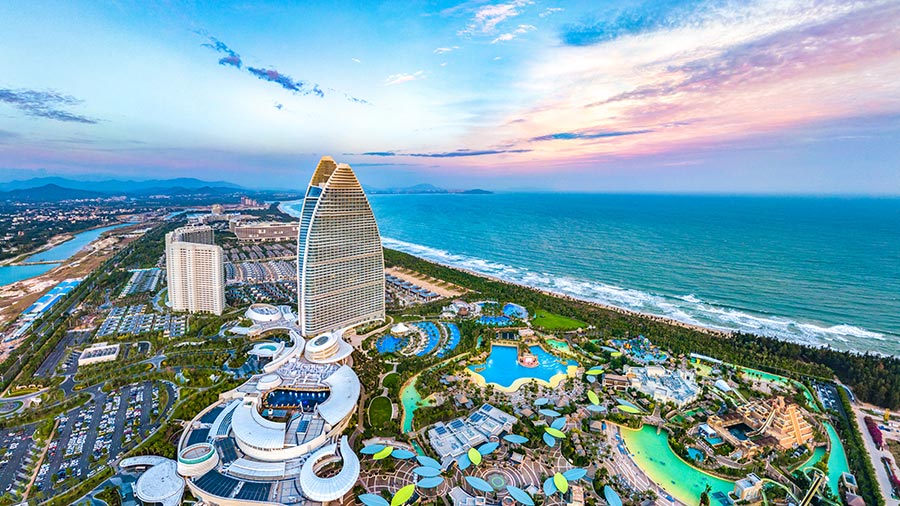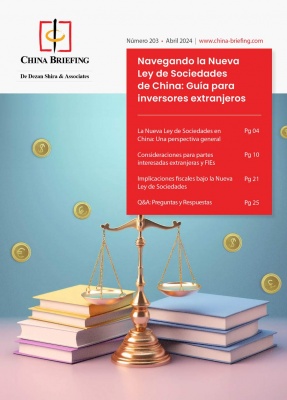Improving China’s international PR still not on the agenda
Concept of improved engagement with international media remains a long way off
Mar. 13 – One thing that has struck me about the recent National People’s Congress and recent events in China this past week is how little still the Chinese seem to value, or appreciate any need for an improvement in its PR.
Two events occurred away from the NPC of quite serious consequence. Firstly, a group of Xinjiang extremist tried to blow up a China Southern airlines domestic flight from Urumqi bound for Beijing, and secondly, riots in Lhasa. It’s not the events that are the most interesting – it’s China’s lack of PR skills in dealing with them.
Firstly, the air incident. China Southern’s flight CZ6901 had to be diverted to a military airbase in Lanzhou shortly after taking off from Urumqi bound for Beijing because a young woman locked herself in the toilet and tried to ignite four canisters of petrol she had smuggled on board. The appalling security lapse aside, what happened in the media next was telling. The incident was reported in Chinese media, however it was also reported elsewhere that the Chinese government had deliberately made up the story to justify attempts to clamp down on security in Xinjiang province. These hit headlines elsewhere, and especially in Central Asia. China of course issued “angry denials” – but its own media attempts to pre-empt any such ploys by Muslim separatists, and also provide later media coverage of the aircraft, terrorist suspects and the passengers was oddly not forthcoming afterwards either. Such actions and lack of media savvy only help strengthen beliefs in some quarters that there may be some truth in the accusations the attempt was fabricated. This is unfortunate; China has a tough time keeping its borders secure, and the western regions have always been a hard area to effectively police. Air terrorism is internationally a serious issue; yet the Chinese let go an of opportunity to show that they too, can be under attack, and that they were on top of the situation.
Meanwhile, in Lhasa this week, riots broke out after a procession of Monks gathered to march from the Drepung Monastery to the Jokhara Temple in downtown Lhasa to commemorate a failed uprising of Tibetan nationals in 1959, an event that ultimately led to the fleeing of the Dalai Lama to India. Monks and nuns were reportedly beaten and arrested. Yet surely the police would have known this was a significant date and should have pre-empted any gatherings in order to keep, as they say, “social order.” Yet they did not, and foreign media present that are pro Tibetan independence had a field day with pictures and stories. The Chinese have been silent on the matter, with no attempts to assist with interviews afterwards with anyone – Chinese police or incarcerated monks. So the situation continues – neither side make any progress and a few more Tibetan shaved heads get shoved in.
I believe China should better deploy it’s media to help demonstrate to the world that these, and other such negative events, can be portrayed in a different manner. Another example would be Steven Spielberg’s resignation as co-coordinator for the Olympic Games opening ceremony. It simply did not seem to occur to the Chinese state media he may be under pressure. When he did resign, China was not prepared to maximize on the story and show a different angle. Instead, it got embroiled in a diplomatic row over Darfur which should have been quite unnecessary.
The issue of Xinjiang is complex, but relatively straightforward. Yes, on three occasions very temporary states were established there during the 1930s by Xinjiang separatists and war lords. None lasted more than a year; all were heavily influenced by Russian expansionist plans at the time. Prior to that, the region has been on and off, waxing and waning with the dynastic strength of China, mainly administered by the Chinese. It has, however, always been an awkward place to govern. Historically, the region has been at its most peaceful when the Chinese has been fully in control. Separatists may not like that fact, but there it is.
As for Tibet, although that is a desperately sad situation, Tibet lost its ability to be independent when China stopped buying into the only product it really had to sell – religion. The writing was on the wall as soon as China became atheist. Tibet’s leadership had serious problems, and the country starved. China “liberated” Tibet in 1951. This is not going to change. Magic as the Tibetan beliefs can be, they remain just that, iIllusionary, and not always benign. Imagine what would happen if the Chinese returned the territory to the Dalai Lama. He dies soon, and the next leader has to be discovered as a reincarnated boy. Beautiful as the concept of reincarnation is, it only began in 1578. Choosing in today’s modern world a nation’s leader in such a manner is plainly not on – fighting, unrest and disorder would follow such a system. So China remains in power while the return of a Tibetan government remains unfeasible.
Educated people will recognize such arguments. So why doesn’t China pay more attention to its own PR and put a stop to the on-going negativity that surrounds nearly everything the country does?
Even amongst the Chinese leadership a large degree of inherent China negativity exists, and particularly in their dealings with media. While the people writing inappropriate material on blogs, newspapers and magazines may have their own vested interests in participating in occasional “China bashing” and general mischief making, China too could do a lot more to educate, to explain, and to show a different perspective. It needs to grasp this rose by the thorns, instead it shies away. While I do not advocate an approach of ‘spin’ that Western governments use so liberally, China could certainly do a great deal more in better promoting its image overseas.
But that would mean engaging with the media. And that, despite the Chinese leadership being apparently able to reorganize themselves with “super-ministries”, combat inflation and improve the nation’s environmental heritage seems to be very much a too difficult task for them to manage. The NPC missed a great chance to tackle the issue.
- Previous Article Can your expatriate China manager manage?
- Next Article Shanghai port trade up 20 percent
























